According to Mr. Nguyen Anh Son, Director of the Import-Export Department, 59 administrative procedures in the export sector managed by the Ministry of Industry and Trade have been delegated to the People's Committees of the provinces for implementation.
Key procedures that are delegated include: Issuing various types of Certificates of Origin (C/O); Issuing approval documents for traders to self-certify the origin of goods; Issuing transit permits for goods on the list of prohibited exports and imports; Issuing temporary import/re-export and temporary export/re-import permits; Issuing and revoking Certificates of Free Sale (CFF) for exported goods...
The main objective is to reduce costs and time for traders, while allowing local authorities to directly monitor, inspect, supervise, and guide the import and export activities of traders.

In Hanoi , the Department of Industry and Trade has implemented an effective mechanism for issuing Certificates of Origin (C/O), and according to the roadmap, from October onwards, it will issue all types of C/O for all markets where Vietnam has FTAs or international commitments.
Under the self-certification mechanism, businesses declare the origin of goods themselves and are legally responsible for this documentation. Some shipments valued at less than 6,000 Euros (according to EVFTA or UKVTA) are allowed to self-certify without requiring written approval.
All Certificate of Origin (C/O) forms and approval documents will be fully implemented from the end of 2025.
"Hanoi not only accepts applications from businesses within the city but also from neighboring provinces, and even southern provinces, creating favorable conditions and reducing administrative barriers," said Ms. Trinh Thi Thu Hien, Deputy Director of the Import-Export Department.
At the conference, the Department of Industry and Trade guided businesses to focus on three main areas: Compliance with international seal and signature templates and related documents used in English; Understanding and applying rules of origin, determining whether businesses are entitled to preferential tariffs; and Training and knowledge dissemination.
In case of any difficulties, businesses should immediately notify the Hanoi Department of Industry and Trade so that the Department can compile the information and coordinate with the Import-Export Department to directly communicate with foreign customs authorities, ensuring the rights of businesses are protected.

Representing the business community, Dr. Mac Quoc Anh, Vice President and General Secretary of the Hanoi Small and Medium Enterprises Association (HANOISME), proposed the early establishment of a Hanoi FTA Center to act as a bridge and consultant on FTAs and rules of origin between the Ministry of Industry and Trade, relevant departments, and customs authorities. Through this center, information on FTAs and rules of origin would be updated promptly, contributing to increasing the percentage of businesses utilizing tariff preferences from the current 32% to approximately 55% by 2026.
In addition, the process of issuing Certificates of Origin (C/O) on a digital platform should be completed and digitized as soon as possible. The goal is to reduce processing time by 50% and ensure 100% of applications are processed online, completely eliminating paper documents by 2026; Develop a set of FTA capacity indicators for businesses to assess their ability to access preferential treatment, manage origin documents, logistics, and green transition, thereby classifying businesses by industry and sector (food, light industry, heavy industry, etc.).
Businesses also proposed expanding financial resources to support investment in green technology and digital transformation; establishing an early warning system for trade risks to help businesses proactively respond, reduce losses, and maintain competitive advantages...
Source: https://hanoimoi.vn/ha-noi-tao-thuan-loi-ve-thu-tuc-hanh-chinh-cho-doanh-nghiep-xuat-khau-721260.html



















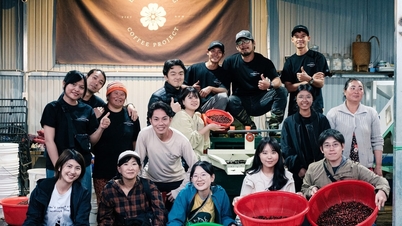

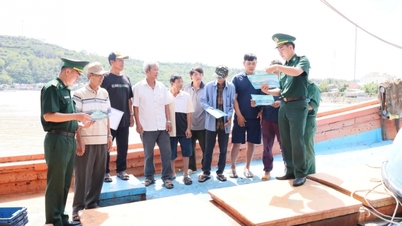

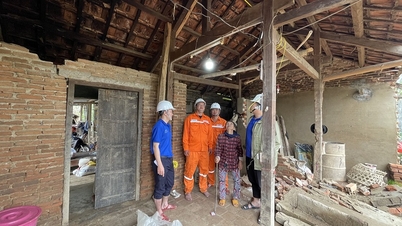


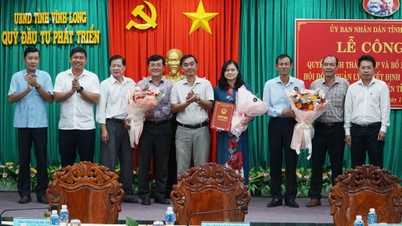






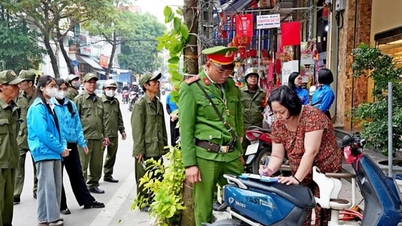
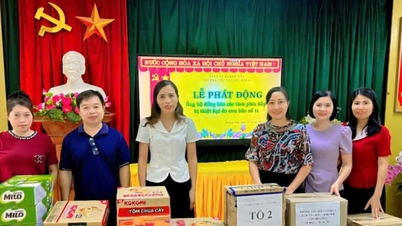
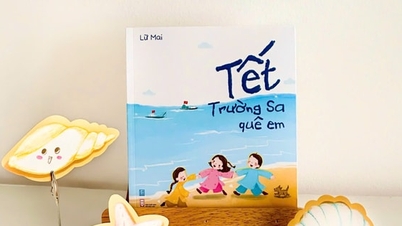
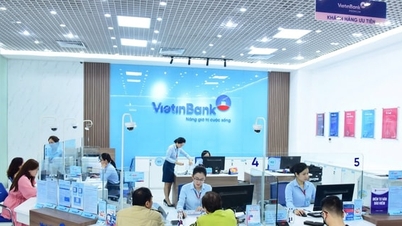
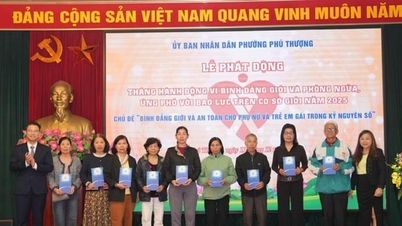
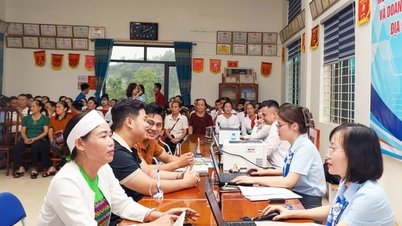

![[Image] Close-up of the newly discovered "sacred road" at My Son Sanctuary](/_next/image?url=https%3A%2F%2Fvphoto.vietnam.vn%2Fthumb%2F1200x675%2Fvietnam%2Fresource%2FIMAGE%2F2025%2F12%2F13%2F1765587881240_ndo_br_ms5-jpg.webp&w=3840&q=75)



























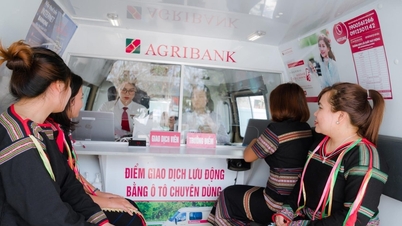

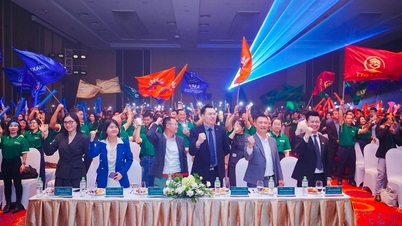










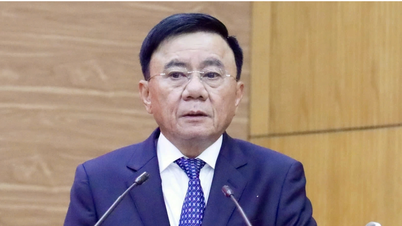


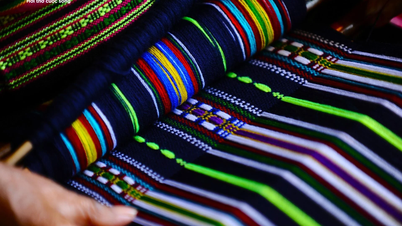




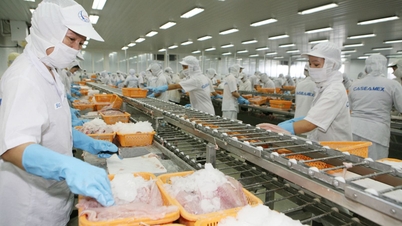
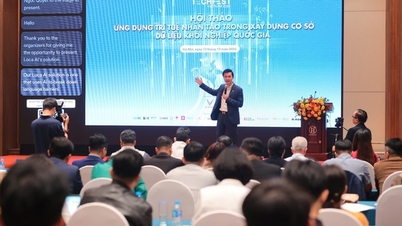

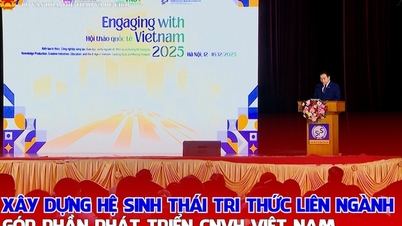

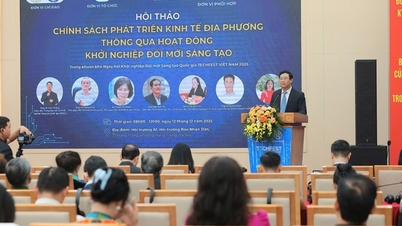

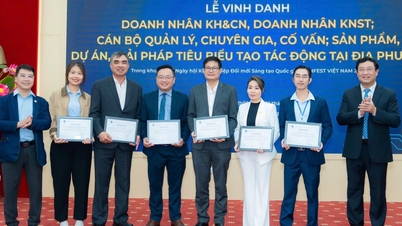

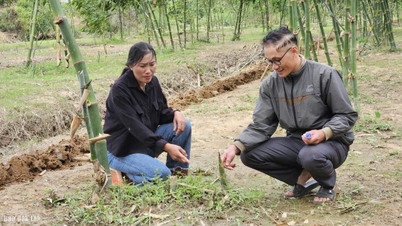
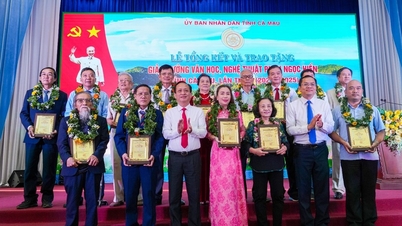
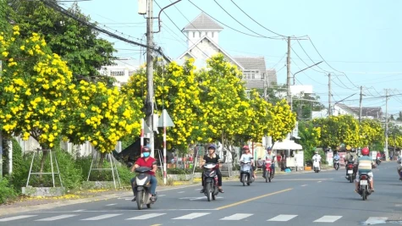














Comment (0)